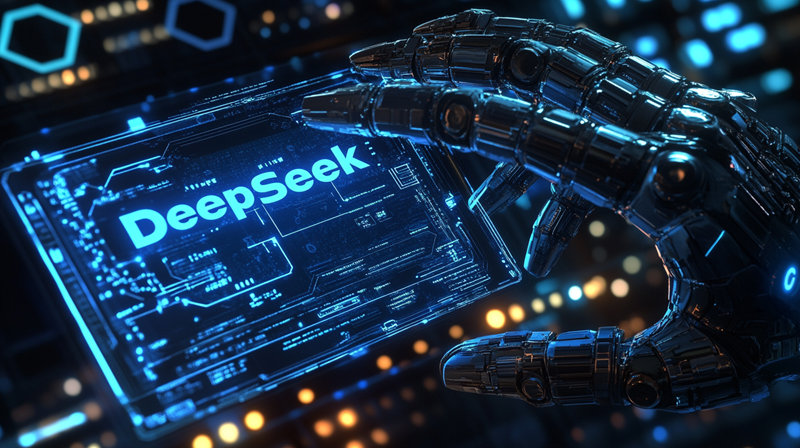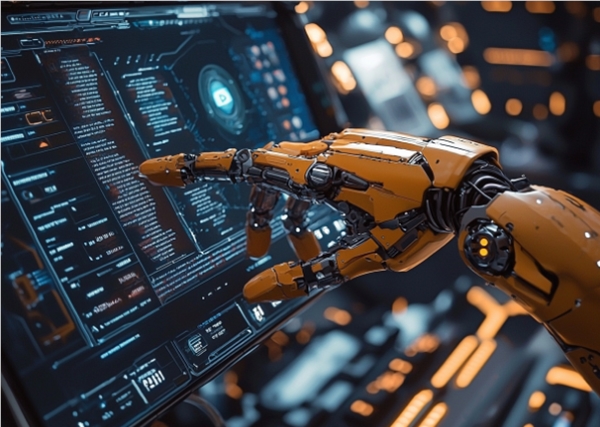With the continuous advancement of artificial intelligence technology, voice cloning technology has gradually entered the public eye, but its potential risks have also become apparent. Recently, the voices of several well-known figures have been maliciously cloned by criminals, becoming tools for fraud. Many celebrities, including renowned nature documentary host David Attenborough, have expressed their concerns and called for stronger legal protections.

Image Note: The image is AI-generated, provided by the image licensing service Midjourney.
Recently, David Attenborough felt "deeply uneasy" after discovering that his voice was being used to spread political news. He stated that he has dedicated his life to spreading the truth, and now finds his identity being misused by others, which has made him feel angry and disappointed. In addition, the voices of celebrities such as Jennifer Aniston, Oprah Winfrey, and Kylie Jenner have also been cloned by criminals, indicating the prevalence of this phenomenon.
According to the latest survey, AI voice cloning fraud cases in the UK have increased by 30% over the past year. The survey shows that approximately 28% of people have encountered AI voice cloning scams at least once in the past year. These scams often involve vague phone calls and impersonated voices, making it difficult for victims to discern authenticity. Experts recommend that if you receive a suspicious call, it is best to hang up immediately and call a trusted phone number for verification.
As voice cloning technology continues to improve, experts are beginning to focus on the legal challenges posed by this technology. Dr. Dominic Lis stated that current privacy and copyright laws have not adapted to the development of this new technology, leaving many victims like Attenborough feeling powerless. He is advising the UK Parliament's Culture, Media and Sport Committee on how to ethically use AI technology in film and television production.
Moreover, Lis pointed out that although AI has made significant progress in voice synthesis, it still cannot fully understand emotional changes, which affects the authenticity of the voice. Additionally, the voice-over industry is rapidly responding to this change, with some companies starting to clone the voices of certain artists to meet market demands.
Overall, the rise of voice cloning technology has sparked widespread attention, especially regarding the protection of personal privacy and reputation. Experts are calling on the government to take prompt action to address the new challenges posed by AI technology, to prevent this technology from becoming a tool for criminals.
Key Points:
🎙️ Celebrity voices are being maliciously cloned, with Attenborough and others expressing deep unease.
📈 AI voice cloning fraud cases in the UK have increased by 30%, raising public vigilance.
⚖️ Experts urge for updated laws to address the challenges AI technology poses to privacy and copyright.










